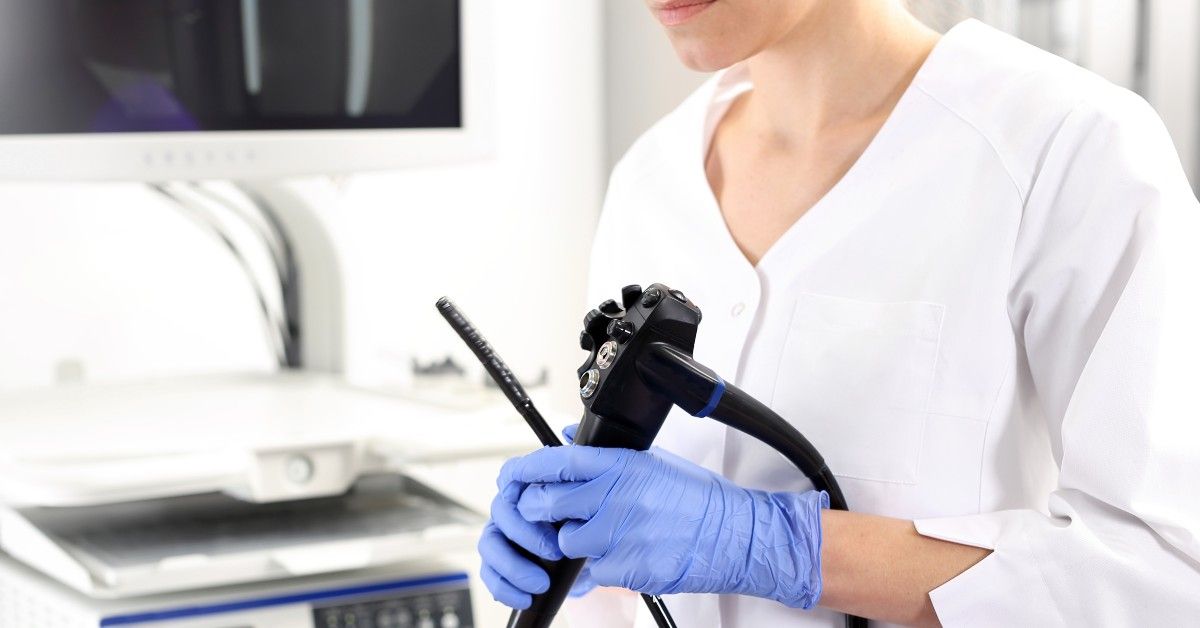
What Happens if Your Colonoscopy Doctor Finds Polyps During An Examination
No one really looks forward to the day they need to visit their gastroenterologist and undergo the often-dreaded colonoscopy procedure. The procedure itself isn’t as bad or embarrassing as it is made out to be and shouldn’t be overlooked as it potentially can be life-saving. This colon cancer screening procedure is recommended for everyone at average risk of colorectal cancer and at least 50 years old, or for those that are younger and meet high-risk criteria such as family history, previous diagnosis, or having a form of digestive disorders such as Crohn’s disease or ulcerative colitis.
Colonoscopies help doctors look for early signs of colon cancer, the second leading cause of cancer-related deaths in men and women combined in the United States. During the procedure, colonoscopy doctors will be looking for colon polyps, or small growths on the inside lining of the large intestine. Colon polyps are at high risk for turning into cancer if they are not detected and removed.
What Happens if Your Colonoscopy Doctor Finds Polyps During An Examination
At Northeastern Gastroenterology Associates, we continue to raise awareness in our surrounding community about the importance of colorectal cancer screenings. It is our goal to help educate our patients so that they both better understand colon cancer and the screening procedures we offer to help our gastroenterology specialists detect any warning signs. So what happens when your doctor finds colon polyps during your colonoscopy procedure? Continue reading to learn more about colon polyps and their relation to colorectal cancer and colonoscopy procedures.
What Are Colon Polyps?
As mentioned, colon polyps are small growths that can be found throughout the gastrointestinal tract, including the colon. Colon polyps are actually fairly common among adults — research suggests that adults have a 25% chance of having a polyp at the age of 60. In most cases, people with polyps will not know they are there because they don’t produce symptoms. While many polyps that develop in the colon are noncancerous, some can be at risk of turning into cancer if not treated early. During a colonoscopy, gastroenterologists look specifically for colon polyps that are at risk of turning into cancer, along with any indications of existing cancer.
How Are Colon Polyps Removed?
When you undergo a colonoscopy, your doctor will review the results with you when it's done. If the results come back negative it means there are no abnormalities found in the colon. Results will be positive if the colonoscopy doctor detected polyps or any tissue abnormalities. Positive screening results do not necessarily mean these polyps and abnormalities are cancerous. Most polyps are noncancerous, however, the risk of developing colon cancer increases as they increase in size.
With the increased risks of letting colon polyps grow, any polyps that are discovered during a colonoscopy will be removed, if possible, during the procedure. The doctor will then send the removed polyps to a lab where they will be tested to determine whether they are cancerous, precancerous, or noncancerous.
Is Colon Cancer A Risk After Removing Polyps?
While colonoscopy procedures can identify the presence of polyps, they do not indicate whether they are noncancerous, precancerous, or cancerous. That's why any polyps that are removed during the procedure will be sent to a lab for testing. If you have colon polyps removed it is likely that your doctor will recommend more regular screening to catch new growths from becoming cancerous. Remember, just because polyps are removed and sent for testing doesn't automatically mean the worse. Instead, it could mean that colon cancer may have very well been headed off in the pass, but also a better your risk and the measures needed to protect your health moving forward.
If you are 50 years of age or older or are considered to be at high-risk for colon cancer and haven’t yet scheduled a colonoscopy, now is the time to do so. In most cases, a colonoscopy will leave you with nothing more than peace of mind, and in others, the procedure findings could very-well end up saving your life. Speak with your primary care physician if you would like to learn more about your risk of colon cancer and when the time for your own colon cancer screening arrives, contact Northeastern Gastroenterology Associates to request an appointment with one of our board-certified colonoscopy doctors.
